1. The Twilight Zone (1959-1964)
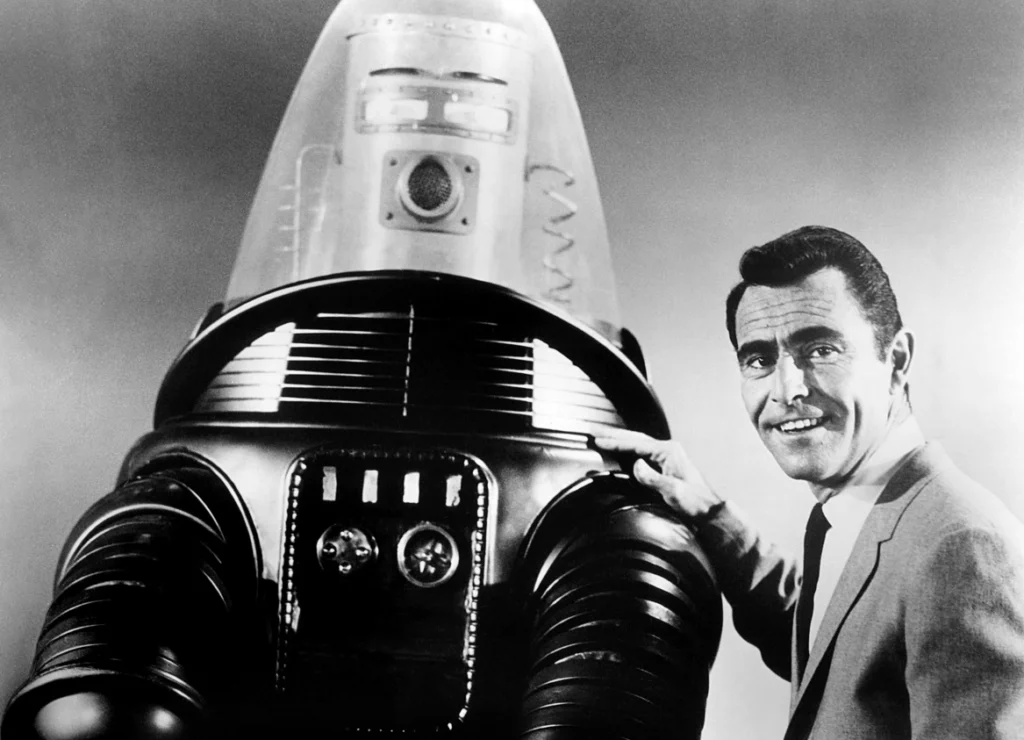
The Twilight Zone didn’t just challenge conventional storytelling; it pushed the boundaries of imagination, blending science fiction with social commentary. With episodes that questioned reality, technology, and human nature, this anthology series introduced some of the most mind-bending twists on TV. It felt as though each episode could have come straight out of a futuristic dream, where moral dilemmas and existential questions were explored through uncanny and often eerie circumstances.
Even today, its impact is clear, as many modern series continue to draw inspiration from its groundbreaking format. It was ahead of its time in tackling issues like censorship, the Cold War, and technology’s role in society. Rod Serling’s clever writing and sharp social insights made it a show that not only entertained but also made viewers think deeply about the world around them.
2. Star Trek (1966-1969)
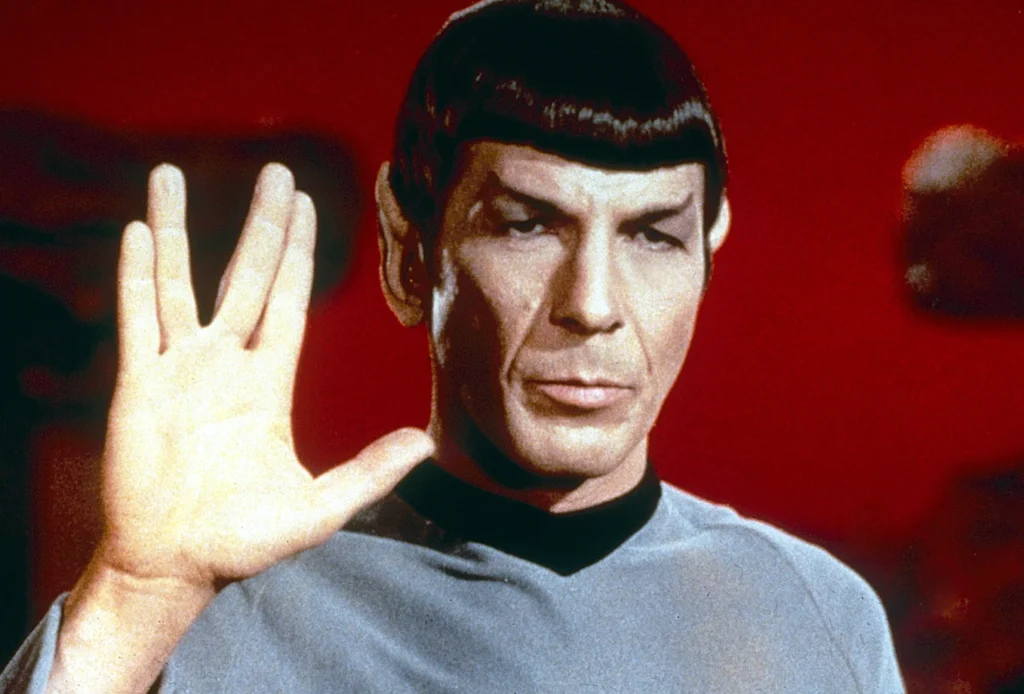
Star Trek might be the most famous ’60s show to feel decades ahead of its time. The show’s vision of a peaceful, diverse future where humanity explores the stars was incredibly forward-thinking, especially during an era marked by social and racial tensions. It wasn’t just about space exploration; it was about humanity’s potential to overcome its flaws and make meaningful progress. The show’s crew, led by Captain Kirk, was made up of characters from different races and backgrounds, breaking new ground in terms of representation on television.
The futuristic technology on the show, from communicators to warp drives, set the stage for many of the innovations we now take for granted. More than just a space adventure, Star Trek tackled complex themes about war, peace, and the human condition, which are still relevant today. It’s no surprise that it became a cultural phenomenon and continues to inspire new generations of fans and creators alike.
3. The Jetsons (1962-1963)
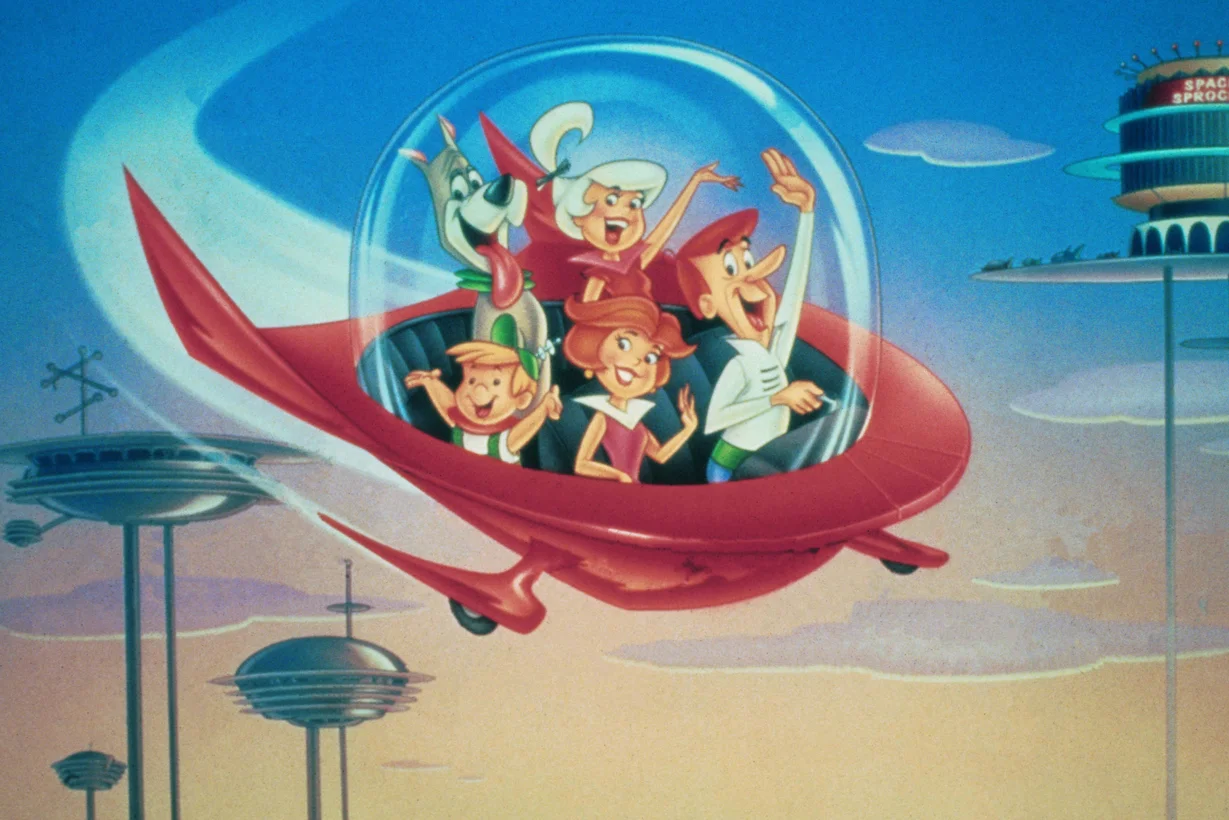
While most animated series in the 1960s were aimed at children, The Jetsons introduced a futuristic world that felt like it was directly aimed at the adults of the future. Set in a space-age utopia, the show’s depiction of life in the 21st century included flying cars, robot assistants, and smart technology long before these ideas became a reality. It was a hilarious, imaginative look at the future, with the Jetson family navigating their daily lives with technology that seemed utterly impossible at the time.
What makes The Jetsons especially notable is how many of its futuristic concepts have become a part of our world today. From video calls to robotic housemaids, many of the ideas presented in the series have made their way into reality. Watching the show now feels like stepping into a time capsule of an era that dreamt big—and often, it turns out, dreamed right.
4. The Prisoner (1967-1968)
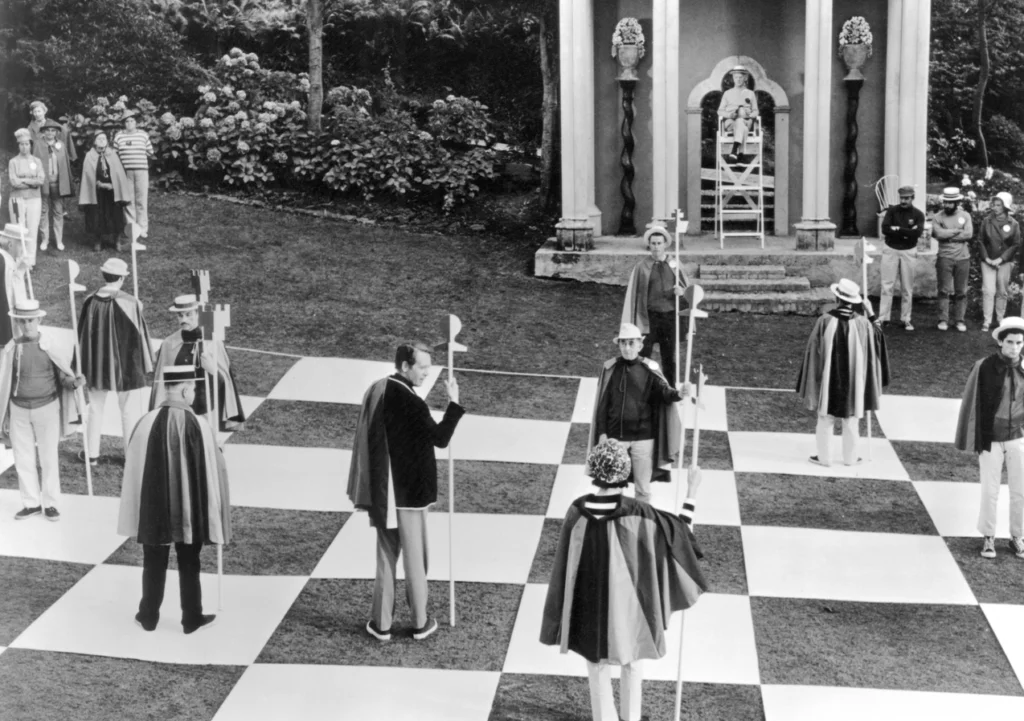
The Prisoner was a surreal British series that defied genre conventions, blending espionage with mind-bending psychological drama. The show’s protagonist, played by Patrick McGoohan, finds himself trapped in a mysterious, seemingly idyllic village where nothing is as it seems. The plot’s strange, dreamlike qualities and the show’s deep exploration of individuality versus conformity gave it a timeless, otherworldly feel.
Its exploration of surveillance, mind control, and the loss of personal freedom feels especially prescient in today’s world of constant monitoring and technological control. It wasn’t just a show about a man trying to escape; it was a commentary on the complexities of modern society and the potential consequences of overreaching authority. Even though it only ran for one season, The Prisoner remains one of the most influential and forward-thinking TV shows of all time.
5. I Dream of Jeannie (1965-1970)
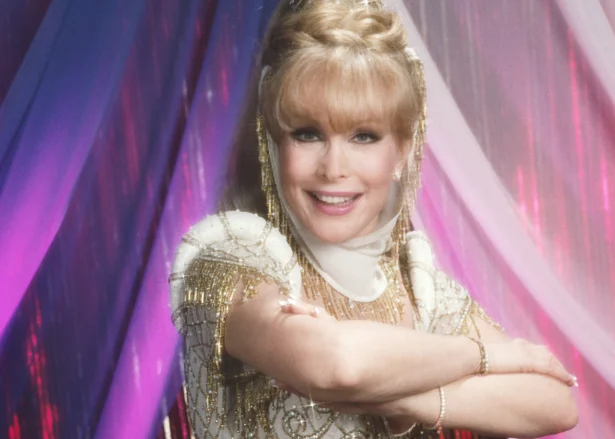
At first glance, I Dream of Jeannie might seem like a simple sitcom about a genie and her master. But beneath the surface, the show was exploring themes of freedom, power, and control. Jeannie’s ability to grant wishes gave her incredible power, but she was still subject to her master’s commands—an interesting dynamic that asked questions about autonomy and self-determination, all within a lighthearted comedic framework.
What made I Dream of Jeannie feel so ahead of its time was how it played with the notion of magical realism and the intersection between the mundane and the extraordinary. The show’s portrayal of a genie in a bottle and the surreal events that unfolded felt more in line with sci-fi than typical sitcom fare, making it a truly unique show for its time. Today, it’s easy to see how this series prefigured much of the whimsical, yet deeply symbolic television we see today.
6. The Outer Limits (1963-1965)
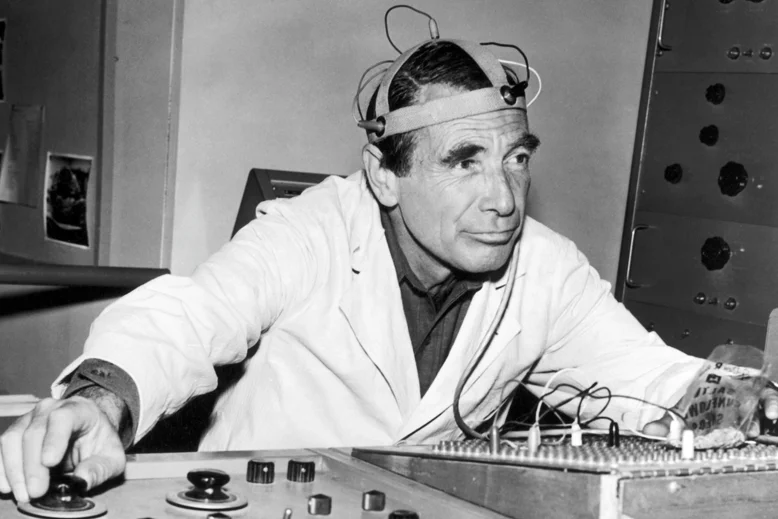
The Outer Limits was another anthology series that approached science fiction with a dark, thought-provoking lens. Often compared to The Twilight Zone, it explored the unknown, asking deep questions about the human psyche, the dangers of scientific experimentation, and our relationship with technology. While The Twilight Zone often leaned toward philosophical and moral themes, The Outer Limits ventured into the realm of horror, often leaving audiences with more chilling, unsettling reflections on the future.
Its stories felt like they belonged to a world where technological advancement outpaced moral growth, a theme that remains incredibly relevant today. The series featured creepy creatures, artificial intelligence, and mind-altering experiments, all of which seemed to presage real-life technological concerns. Though The Outer Limits was short-lived, its influence can still be felt in modern sci-fi and horror television, proving just how far ahead of its time it truly was.


